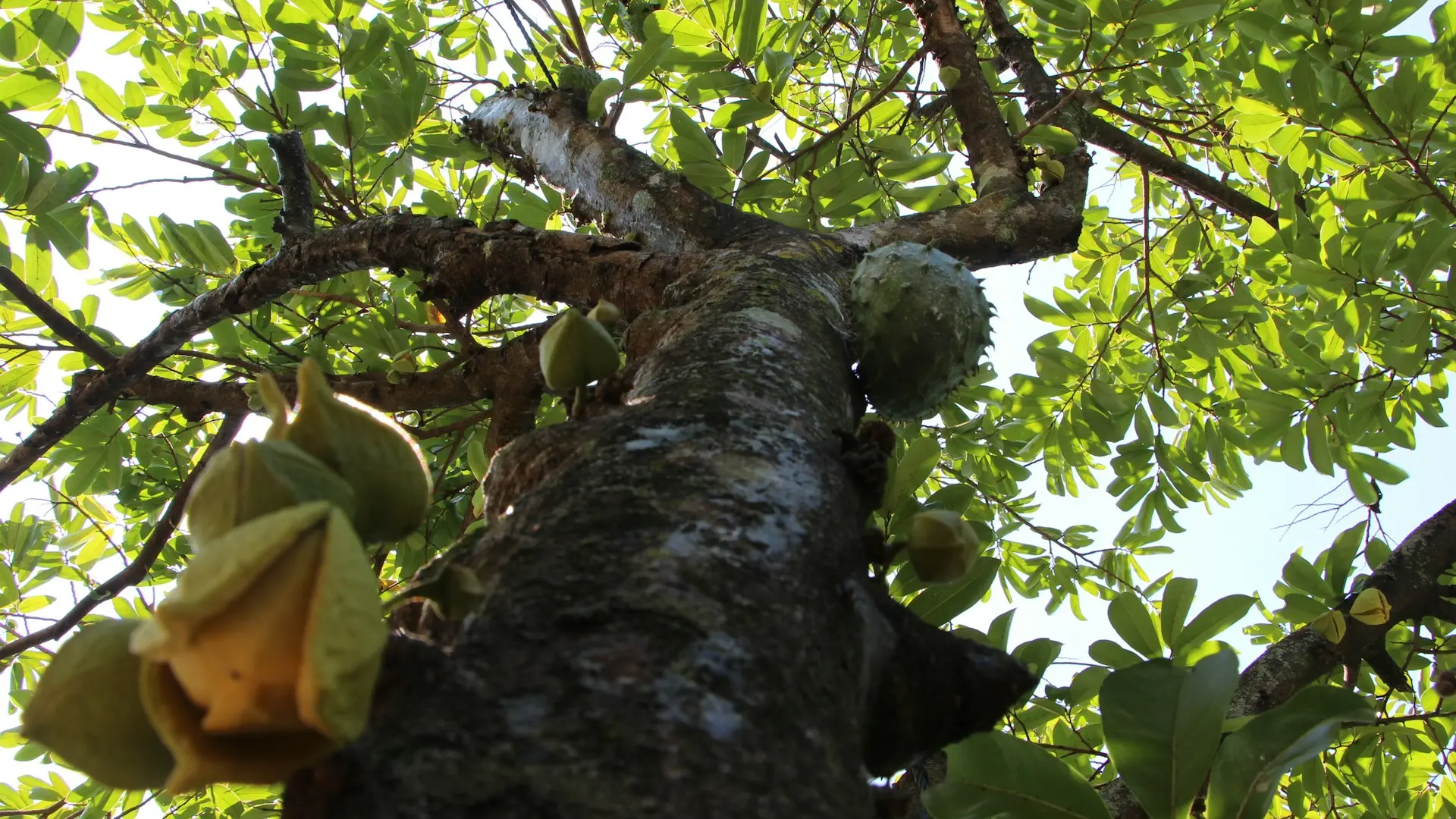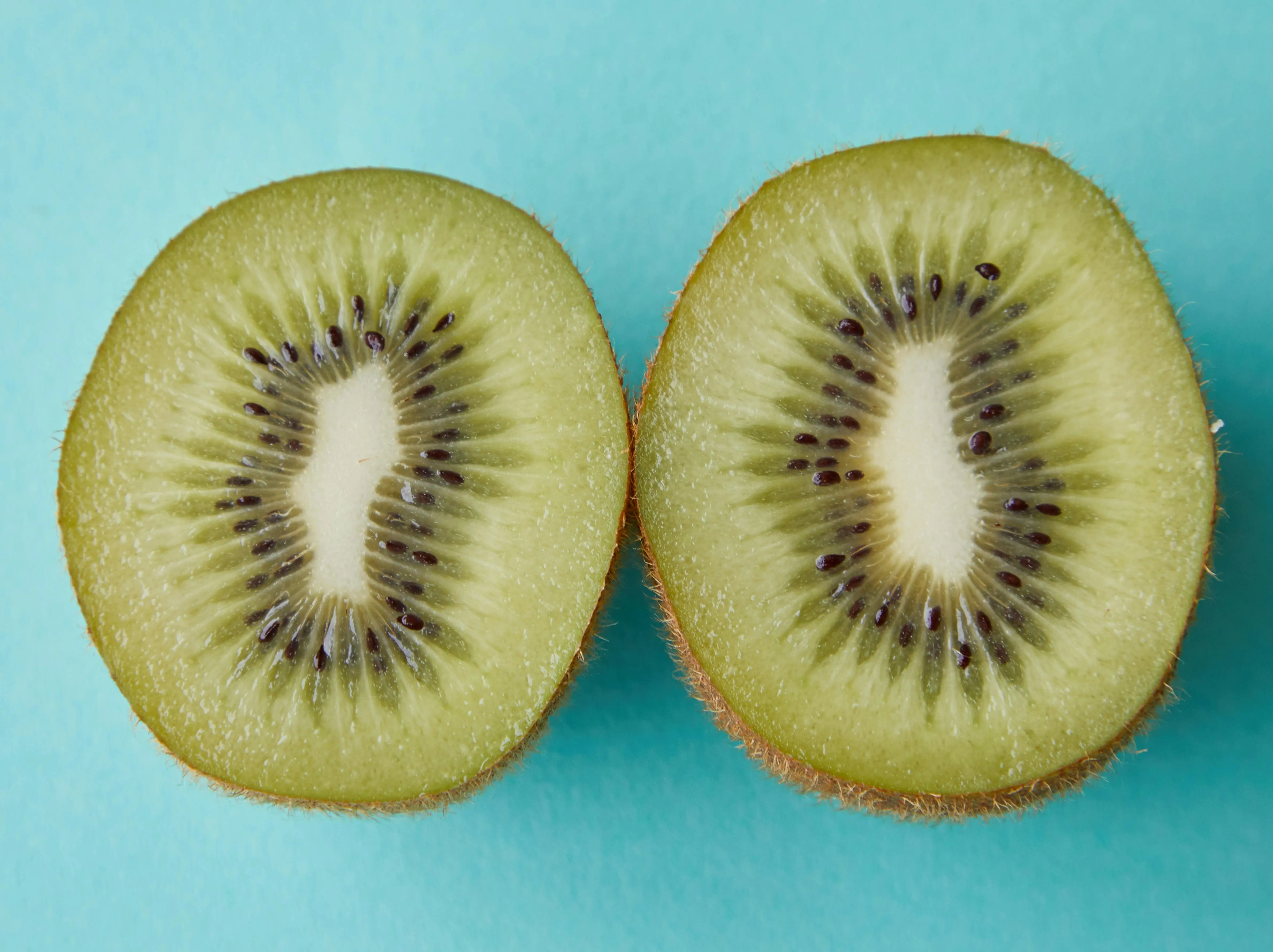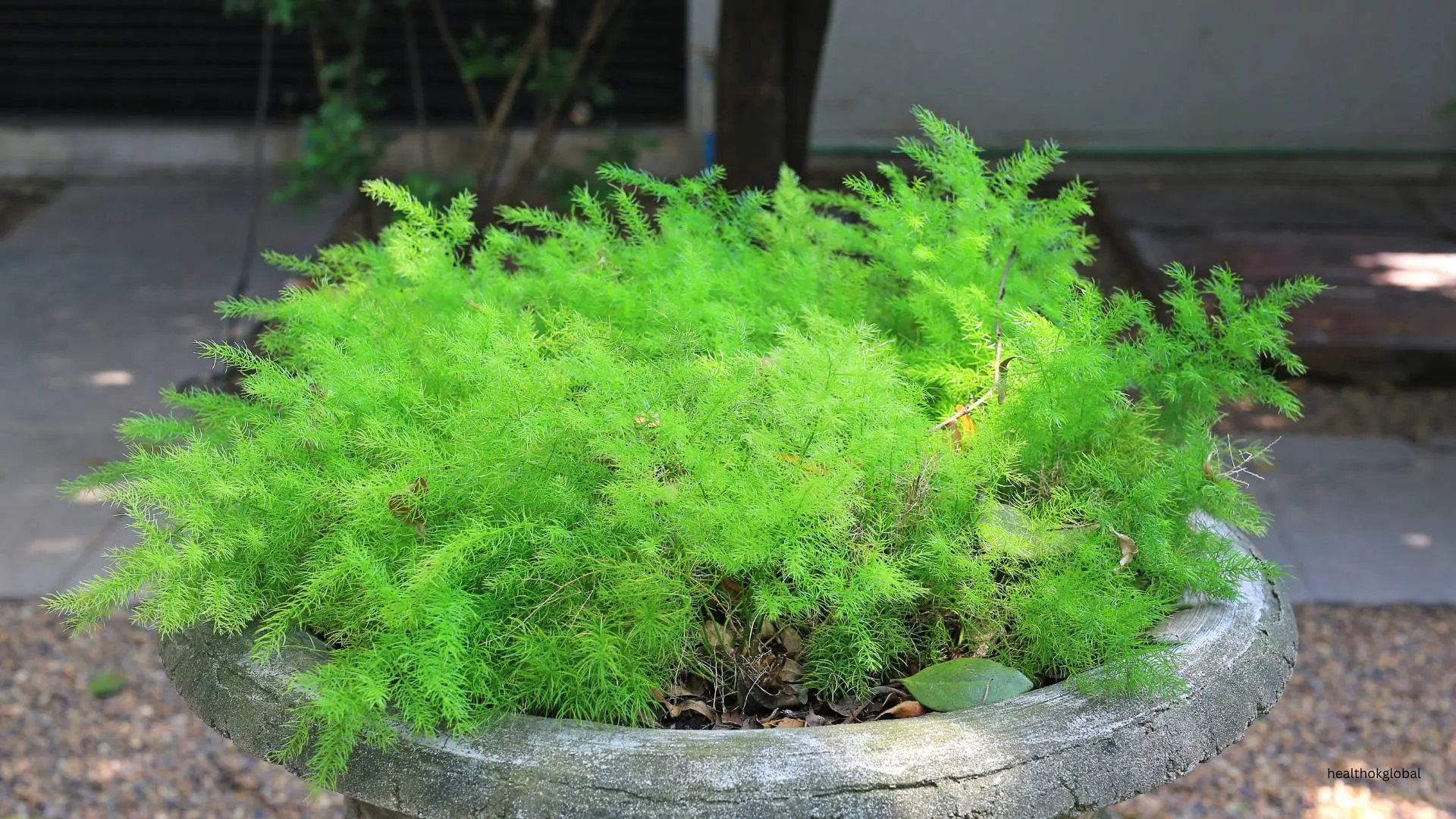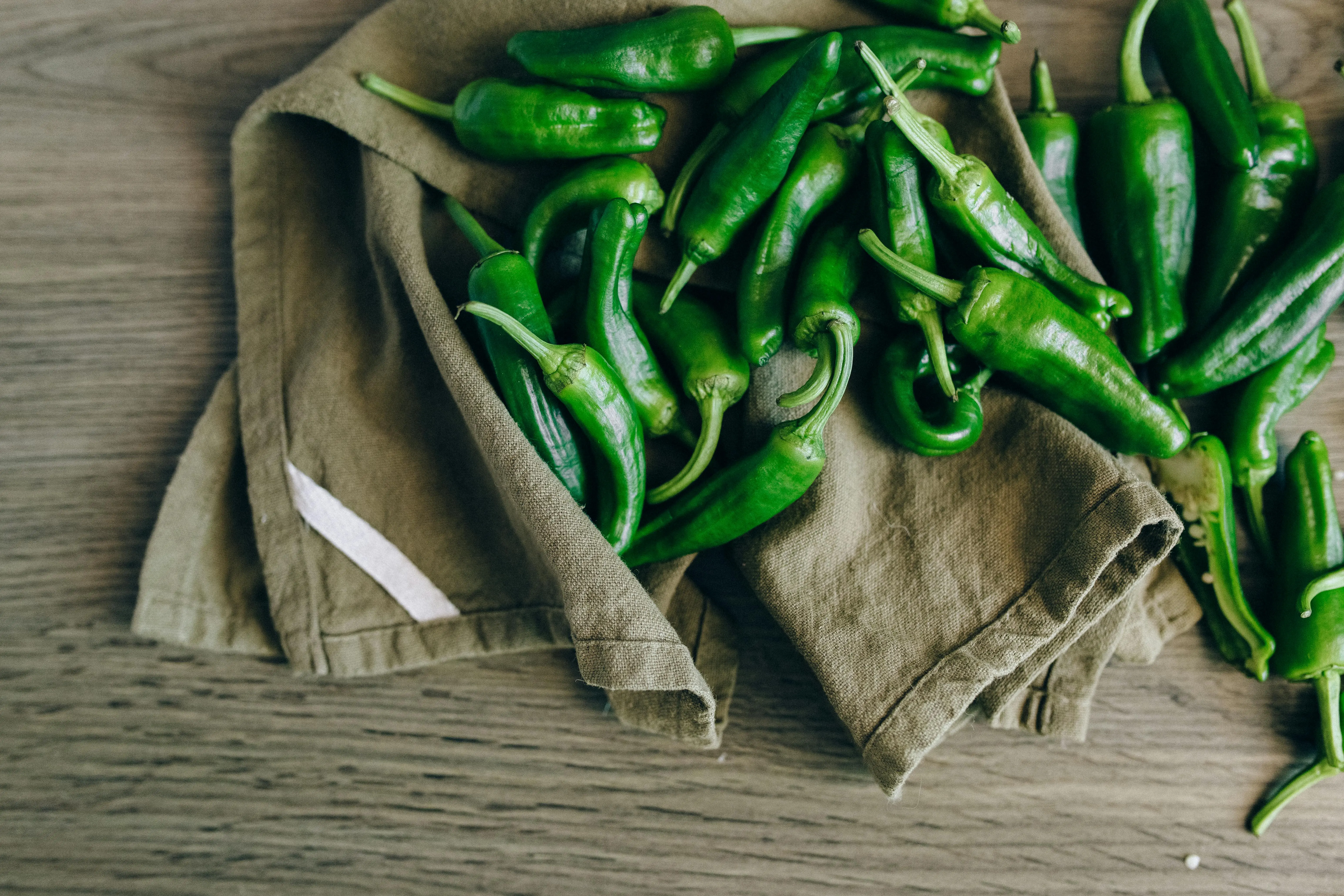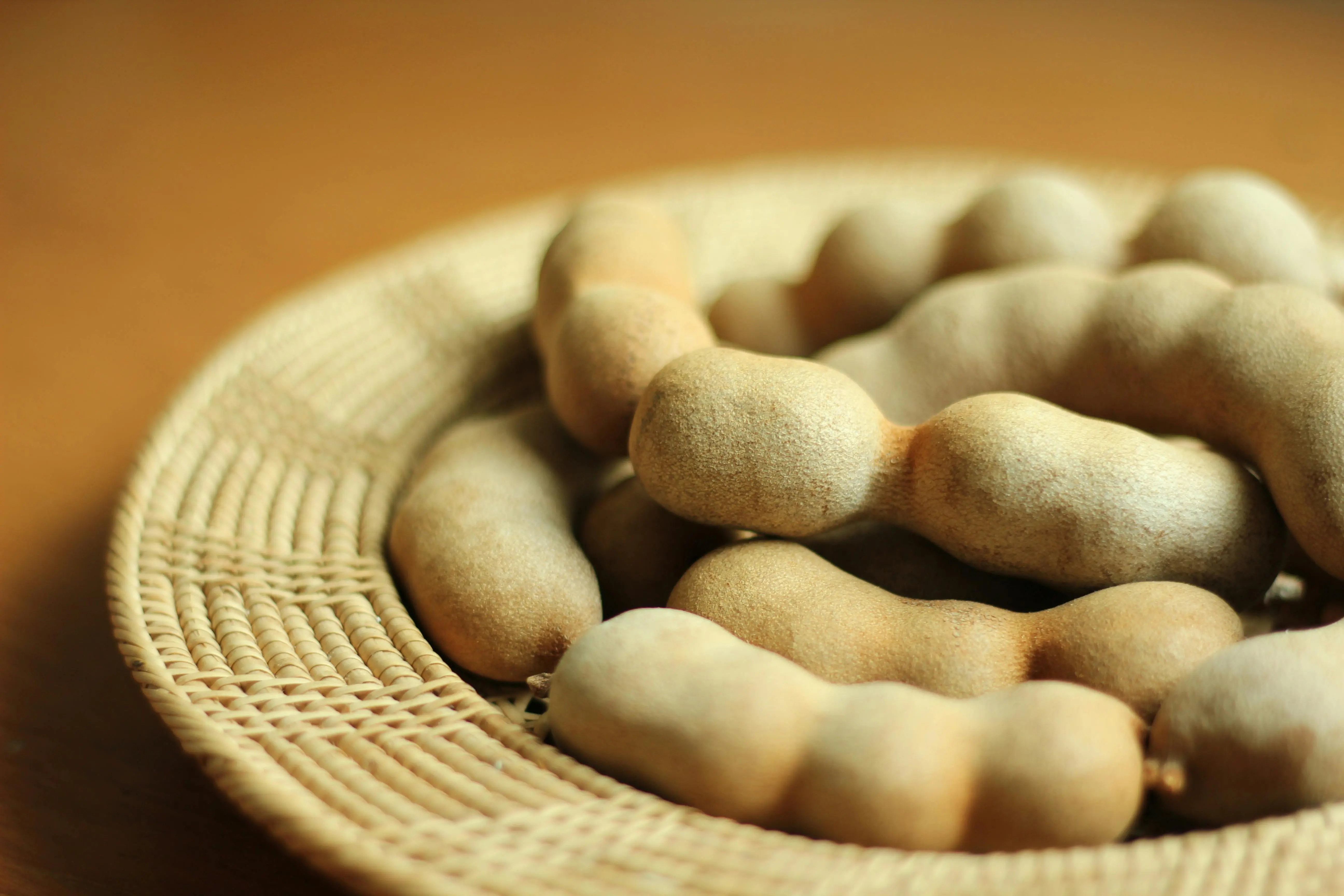From juicy fruit to refreshing juice and nourishing leaves, mango offers health perks across its many forms. Discover mango benefits, nutrition, calories, and more.
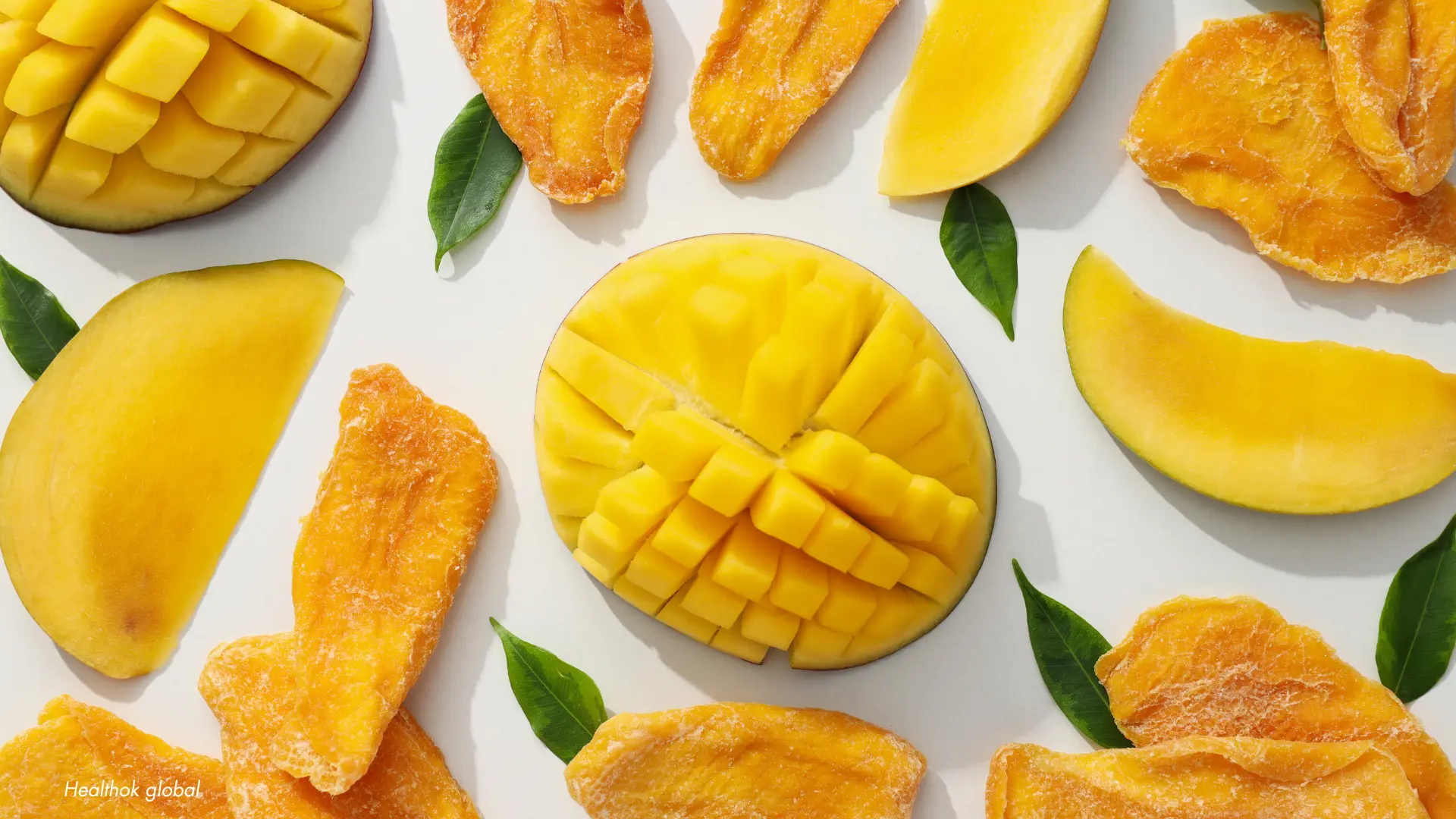
Blog
Mango Benefits: Nutrition, Juice, and Wellness Guide
Mango, often called the 'king of fruits,' is more than a seasonal delight—it’s a powerhouse of flavor, nutrition, and wellness. Rich in vitamins, antioxidants, and bioactive compounds, mango fruit has been enjoyed for thousands of years across cultures. This blog explores mango benefits, varieties, juice, calories, nutrition, and ways to incorporate it into a healthy lifestyle.
Mango is not only delicious but also incredibly nutritious. Here’s what 100g of ripe mango fruit typically offers:
A 100g serving of mango provides approximately 60 calories, making it a relatively low-calorie, energy-boosting snack.
Mangoes are rich in vitamin C, vitamin A, vitamin E, potassium, magnesium, and B-complex vitamins. They also contain antioxidants like beta-carotene and polyphenols.
Mangoes offer a variety of health advantages. Here are the top ten mango benefits, backed by science:
Rich in vitamin C and vitamin A, mango strengthens your immune system and helps your body fight infections.
Mango contains digestive enzymes like amylase and fiber, aiding in digestion and preventing constipation.
The antioxidants and vitamins in mango fruit promote collagen production, reduce acne, and nourish the scalp.
The high fiber, pectin, and vitamin C content in mango help lower bad cholesterol levels.
Beta-carotene and vitamin A in mango support healthy vision and may reduce the risk of macular degeneration.
Mango juice and mango shake are great hydrating options rich in potassium, helping restore electrolyte balance.
The fiber in mango supports beneficial gut bacteria and may reduce inflammatory markers.
Mango contains glutamine acid, which supports memory and concentration.
Although sweet, mango has a low glycemic index and its polyphenols may aid in blood sugar regulation.
With iron and vitamin C, mango supports iron absorption, beneficial for people with low hemoglobin.
There are over 1,000 mango types globally. Here are some popular mango varieties you should know:
Rich, creamy, and aromatic—considered the gold standard of mangoes.
Sweet and fragrant, mostly grown in North India.
Known for its distinct flavor and greenish skin.
Tangy-sweet, commonly used for mango juice and mango pickle.
A common export variety with long shelf life.
Mango juice and mango shake are not just tasty—they are loaded with health benefits. Mango juice provides hydration and nutrients quickly, while mango shake, when combined with milk and nuts, offers a complete pre- or post-workout drink.
Mango leaves have been used in traditional medicine to manage diabetes, high blood pressure, and respiratory issues. Dried mango leaf powder is often used in herbal teas for its anti-inflammatory and antioxidant properties.
Mango Meadows, a famous eco-village in Kerala, India, not only grows a wide range of mango types but also promotes sustainable farming. It’s a must-visit for mango lovers and health-conscious travelers.
1 medium-sized mango per day is ideal for most people. Balance with other fruits.
Fresh mango juice in moderation does not cause weight gain. Avoid added sugar.
Yes, mango leaves are used in teas and Ayurvedic medicine for various health benefits.
Yes, in small portions. It has a low to moderate glycemic index. Consult your doctor first.
Mango is not just a summer fruit—it’s a complete package of nutrition and flavor. From mango leaves to mango juice, every part offers a health benefit. Whether you’re enjoying a ripe Alphonso or sipping a mango shake, embrace mango as part of a balanced diet.
HealthOK Global helps you build a fruit-powered wellness routine. Contact our experts for guidance or chat with our FREE 24x7 helpline on WhatsApp.
1 medium-sized mango per day is ideal for most people. Balance with other fruits.
Fresh mango juice in moderation does not cause weight gain. Avoid added sugar.
Yes, mango leaves are used in teas and Ayurvedic medicine for various health benefits.
Yes, in small portions. It has a low to moderate glycemic index. Consult your doctor first.
Need Personalized Health Guidance?
Get expert advice tailored to your specific health needs from our qualified healthcare professionals.
